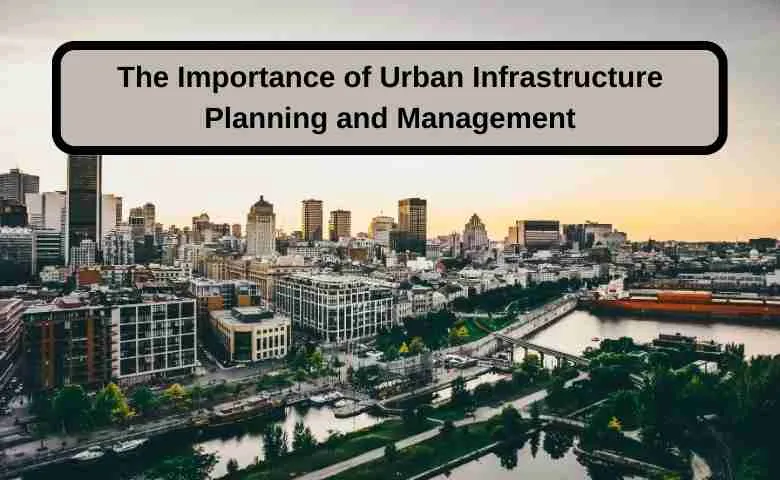Urban Planning: Shaping the Cities of Tomorrow
Urban planners get many challenges: rapid urbanization, limited resources and conflicting interests among stakeholders. Findings show that continued and increased amount of economic developments and programs without regard to environmental preservation can temper the quality of living within the earth.
Urban planning is a basic discipline shapes the cities and towns to ensure sustainable development, economic growth, and increase quality of life. With a growing global population increasingly moving towards cities, the challenge of effective urban planning has never been more critical.
The Importance of Urban Planning
The city that includes both physical, economic, and social environments, the spatial environments, is where urban planning is at the core. It tackles critical issues like overcrowding, traffic congestion, pollution and insufficient infrastructure. By applying strategic and sustainable planning principles, urban planning reduces resource consumption, land use conflict and communicates how to be resilient to future challenges including climate change and population growth.
Key Elements of Urban Planning
1.Land Use Planning Urban planning consists of designating land for residential, commercial, industrial and recreational use. This assists in planning the city in a purposefully way and reduces the conflict of land use.
2.Transportation System
Transportation’s efficiency is key for combating land congestion, increasing connectivity, and nourishing economic activities. Urban planners create public transit system, roads, and paths for pedestrians in order to allow for movement through a city.
3.Infrastructure Development
Construction in 2024 involves sustainability, technology integration, and worker safety. With the incorporation of these trends, businesses are minimizing their costs and optimizing their processes while working towards a greener future.
4.Environmental Sustainability
Likewise, adopting such trends will enable construction firms to remain competitive in a rapidly changing industry by appealing to clients that prioritize environmentally friendly, efficient and safe building methods.
5.Community Engagement
Community engagement is key to successful urban planning. This participatory approach helps to ensure that urban development serves the aspirations of the people it affects.
Challenges in Urban Planning
Urban planners get many challenges: rapid urbanization, limited resources and conflicting interests among stakeholders. Findings show that continued and increased amount of economic developments and programs without regard to environmental preservation can temper the quality of living within the earth.

The Role of Technology in Urban Planning
Technological breakthroughs including but not limited to Geographic Information Systems (GIS), Building Information Modeling (BIM) and big data technologies are changing the planning processes in the cities of the world. These tools allow planners to synthesize and interpret the data, forecast the consequences of decisions made, and make decisions that will improve overall performance of the urban areas.
Examples of Successful Urban Planning
1. Curitiba, Brazil: With its unique public transport system and green measures in place, the city of Curitiba is recognized worldwide as a paradigm of successful urban development.
2. Singapore: With its centering on gullible computer architecture, efficient land use, and mix raptus systems, Singapore instance frontward – call back urban planning.
3. Copenhagen, Denmark: As one of the world ’s most bike – friendly city, Copenhagen showcases the desegregation of sustainable mobility and urban design.
Conclusion
Urban preparation is essential for build up cities that are not only functional but also livable and resilient. By incorporating sustainability, technology, and community involution, urban planning can address present-day challenge and pave the style for a good future. As metropolis carry on to rise, the importance of innovational and inclusive urban planning can not be overstated.
FAQs
- What is Urban Planning?
The process of designing and organizing the physical, economic, and social sides of urban areas to create sustainable, functional and appealing spaces.
- Why is Urban Planning Important?
It helps balance the housing, transportation, green spaces, and industries, addressing issues like overpopulation, resource management, and environmental sustainability.
- What is the Role of Technology in Urban Planning?
Technology plays an important role in urban planning by enabling data-driven decision-making tools like GIS ( Geographic information system), IoT (Internet of Things) and AI ( Artificial Intelligence).

